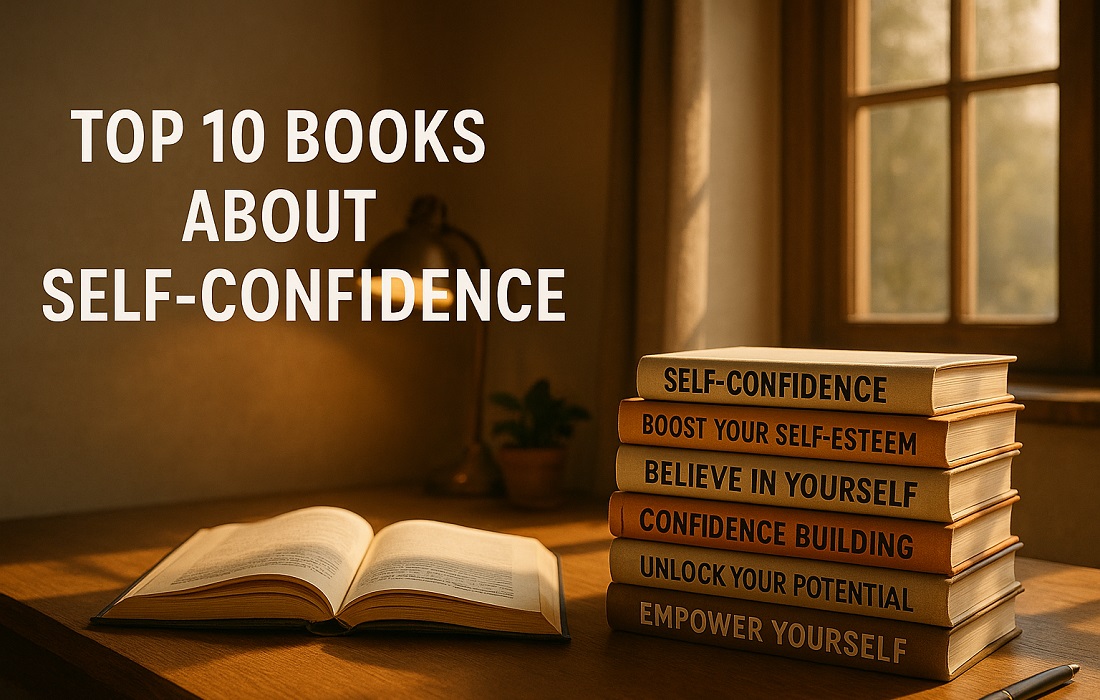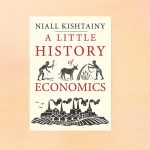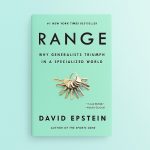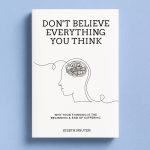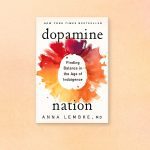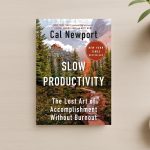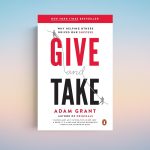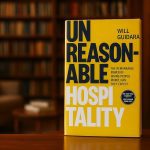Self‑confidence is more than a personality trait. it’s a skill that shapes how we think, act, and connect with others. Whether you want to speak up in meetings, take bold career steps, or simply feel more comfortable in your own skin, the right guidance can make all the difference. This list of Top 10 Books about Self-Confidence drawn from Amazon and The New York Times charts, offers research‑based insights, inspiring stories, and practical tools to build lasting confidence. From mindset shifts to everyday habits, these books will help you unlock your potential and show up as your boldest, most authentic self.
Top 10 Books about Self-Confidence
1. The Confidence Code – Katty Kay & Claire Shipman
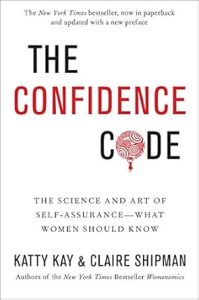
Kay and Shipman uncover the science and habits that shape confidence, weaving together neuroscience, psychology, and interviews with leaders and experts. Their central message: confidence grows from action, risk‑taking, and persistence-not from perfection. The book explores how societal expectations, especially for women, often discourage risk, and offers exercises like daily “confidence challenges” and reframing failure as feedback. The Confidence Code blends research with relatable stories to move readers from overthinking to purposeful action.
2. Daring Greatly – Brené Brown
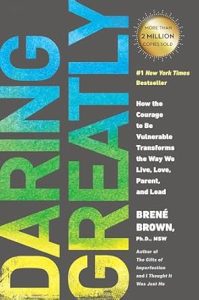
Brown redefines confidence as the courage to be vulnerable. Based on her research into shame and resilience, she shows how embracing imperfection builds trust-in oneself and with others. Through stories and practical tools, Daring Greatly helps readers recognize shame triggers, set boundaries, and replace fear of judgment with authentic presence.
3. Mindset: The New Psychology of Success – Carol S. Dweck
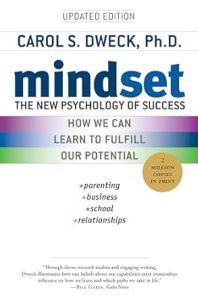
Stanford psychologist Carol Dweck’s Mindset splits the world into two mental frameworks: fixed vs. growth mindset. She demonstrates-through decades of experimental research-how belief in our ability to develop skills fundamentally changes our resilience, motivation, and performance. Fixed mindsets view failure as a verdict, but growth mindsets see it as feedback. Dweck offers strategies for parents, teachers, and professionals to encourage persistence: praise effort, normalize struggle, and treat mistakes as part of learning. By shifting perspective, confidence becomes a renewable resource, grounded in the belief that effort changes outcomes.
+ Book Summary of Mindset: The New Psychology of Success By Carol S. Dweck
4. The Six Pillars of Self‑Esteem – Nathaniel Branden
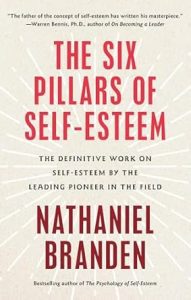
Branden defines self‑esteem as both self‑confidence and self‑respect, building it on six daily practices: living consciously, self‑acceptance, self‑responsibility, self‑assertiveness, living purposefully, and personal integrity. Each is explored with exercises, real‑world examples, and ethical reasoning. Branden’s framework remains one of the most comprehensive for those rebuilding inner confidence, encouraging active engagement with life rather than passive self‑regard.
5. Presence – Amy Cuddy
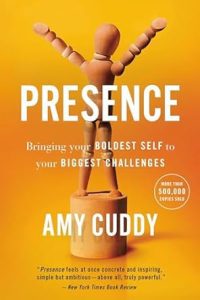
Amy Cuddy argues that physical posture influences mental state and interpersonal perception. Drawing on research in embodiment and performance, she outlines rituals-like expansive stances, breathwork, and mental reframing-that prime us to perform under pressure. Despite replication debates over “power posing,” her larger body of evidence‑inspired advice remains valuable: preparation rituals can help align behaviors with values, producing visible and felt presence.
6. How to Win Friends & Influence People – Dale Carnegie
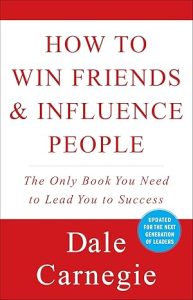
Carnegie’s bestseller is a handbook for social confidence. Its simple principles-show genuine interest, use people’s names, listen actively-reduce social anxiety by providing tools that work consistently. These skills build competence in navigating relationships, which in turn fuels self‑confidence in professional and personal life.
7. The Gifts of Imperfection – Brené Brown
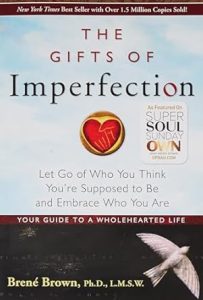
This shorter book from Brown delivers 10 “guideposts” for wholehearted living, each aimed at dismantling perfectionism and cultivating worthiness. Through stories, research, and practical exercises, she teaches that self‑acceptance fuels genuine engagement with life, freeing us from external validation as the sole confidence source.
8. Self‑Compassion – Kristin Neff
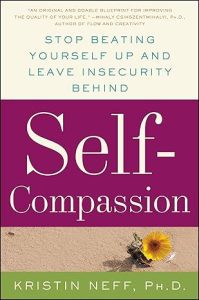
Neff’s research shows that treating oneself with kindness improves emotional resilience more than harsh self‑criticism ever could. She introduces three components-self‑kindness, common humanity, mindfulness-and outlines meditative and cognitive exercises that improve motivation and persistence through setbacks.
9. Radical Acceptance – Tara Brach
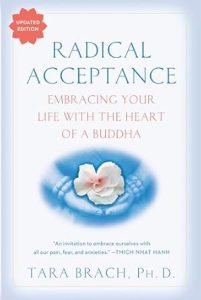
Brach blends Buddhist meditation with psychotherapy to address shame and self‑criticism. Her approach-seeing and accepting reality fully-creates a stable base for confident action. Guided meditations and real‑world examples lead readers away from self‑judgment toward trust in their own presence.
10. Feel the Fear and Do It Anyway – Susan Jeffers
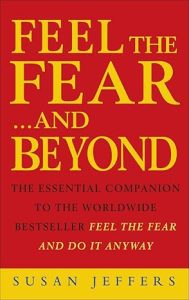
Jeffers’ mantra is action before certainty. Through thought reframing, affirmations, and gradual exposure exercises, she shows readers how to weaken fear’s hold. The result: steady growth in competence and confidence through repeated courageous acts.
Engage with Us: What Are Your Favorite Books?

